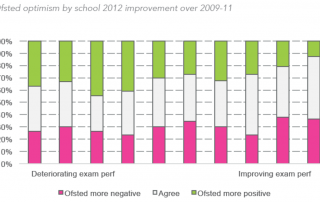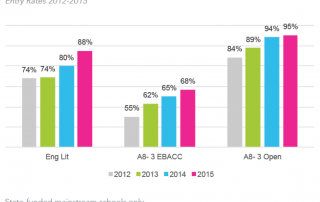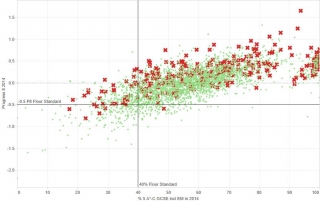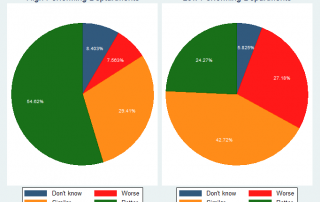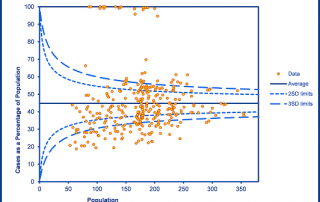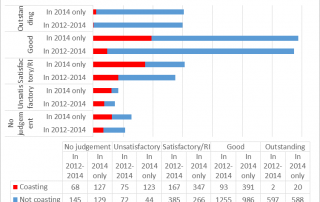Ch-ch-ch-ch-changes in education in England
David Bowie sang “And every time I thought I'd got it made, It seemed the taste was not so sweet” (Changes, 1971). He could have been thinking about the changes which will happen over the next few years in government accountability systems – scaled scores at Key Stage 2 in 2016 and reformed GCSEs from [...]




